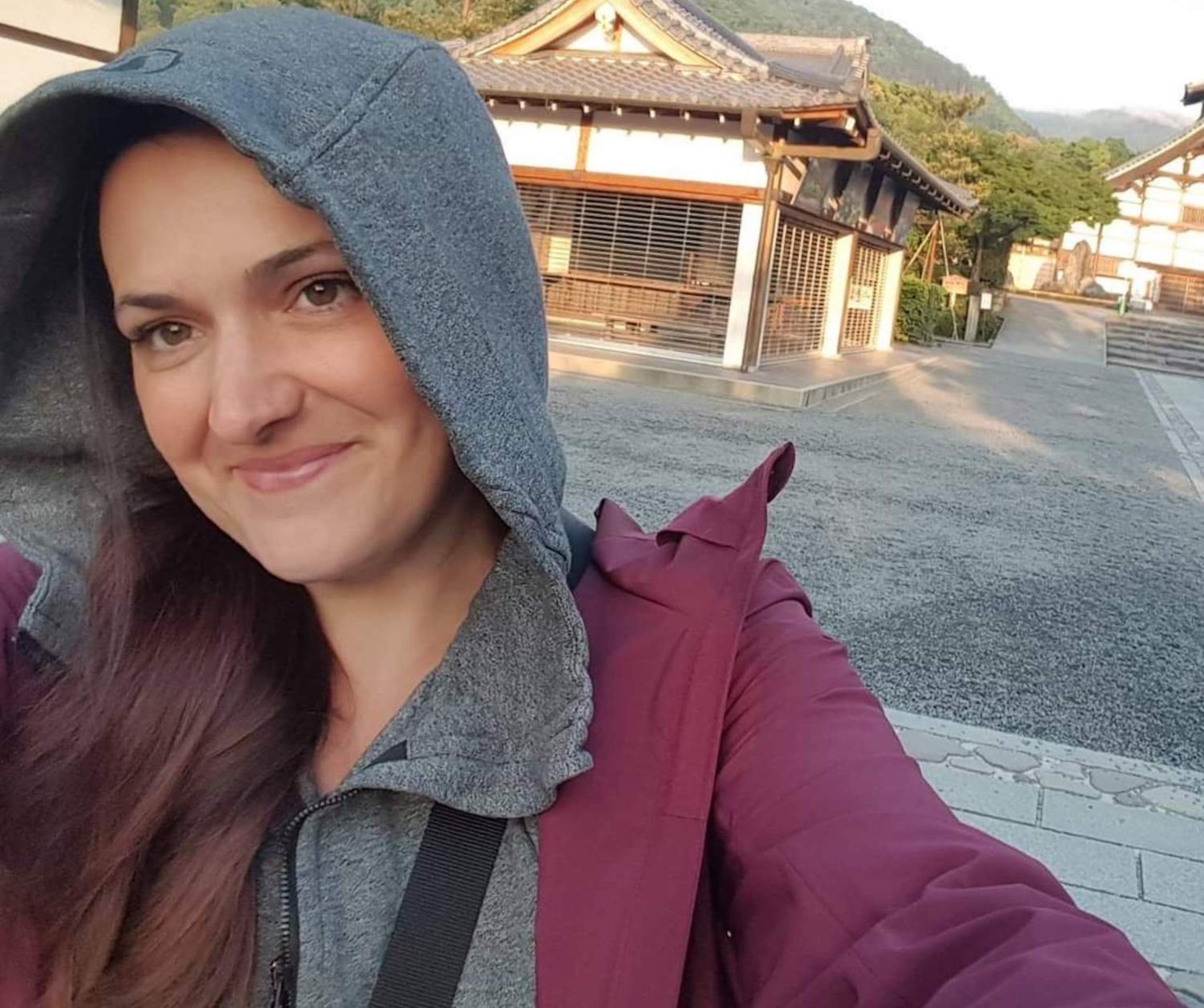Drug Users Are Writing ‘Do Not Prosecute’ Letters So Their Dealers Aren’t Punished If They Die

Credit to Author: Manisha Krishnan| Date: Wed, 13 Apr 2022 14:20:24 GMT
If Danielle Russell dies of an overdose, she wants the U.S. government to be held responsible—not the person who supplied her with drugs.
Russell, 37, a harm-reduction worker in Phoenix, is one of many drug users pushing back against drug-induced homicide laws, or “death by dealer” laws, which see dealers who provide drugs that lead to overdoses treated like murderers in the criminal justice system.
In response to the rise in drug-induced homicide, Russell has filed a “Do not prosecute” letter with her end-of-life paperwork.
“If I die as a result of a drug overdose, I request that no one be charged, prosecuted, or held criminally responsible for my death,” Russell’s letter says. “This decision is being made in part to challenge the oppressive and false dichotomy between people who use drugs and people who sell drugs. We are, more often than not, one and the same.”
Russell, who uses opioids and is currently on methadone, told VICE News that people who use drugs often are forced to buy drugs from an increasingly toxic supply. More than 100,000 Americans died between May 2020 and April 2021—the most ever recorded in a single year—with the synthetic opioid fentanyl linked to the majority of deaths.
“The proliferation of increasingly synthetic and concentrated intoxicants and overdose deaths are a direct result of U.S. drug prohibition measures,” Russell wrote in the letter. “The only entity I hold responsible for my death in the event of overdose is the U.S. government.”
Russell said she’s particularly concerned about her Black and Latino friends, because people of color are punished more harshly for drug charges.
“Being a white person and a PhD student, it would be so easy to weaponize my positionality against people that I use drugs with who are more vulnerable than me,” she said.
Leo Beletsky, a Northeastern University professor of law and health sciences who leads the Health in Justice Action Lab, previously told VICE News “death by dealer” cases are more common when a Black or brown person sells drugs to a white person. A report from the lab found that the median sentence given to Black people in these cases is 10 years, versus 6.5 for white people. In one recent case, a Black man from Mississippi, Carlos Allen, received a 124-year sentence for providing fentanyl to a white man who died of an overdose.
Russell’s letter is based on an initiative by the Urban Survivors Union, a national drug user advocacy group. The union has an online form where people can submit their “Do not prosecute” directives.
According to the form, the letters are “mostly symbolic,” but the union would use the directives to fight against any drug-induced homicide charges.
The union also encouraged people to talk with their loved ones about their stance against these types of prosecutions.
“It’s just awful. It doesn't bring anyone back, it often harms the family, and then they're sucked into this cycle of vengeance,” said Russell, who made her partner her power of attorney.
Grey Gardner, a lawyer with the Drug Policy Alliance, said he’s never heard of a case where a “Do not prosecute” letter was used. But he said the letters give people who die of overdoses a voice.
“One of the principal harms of the drug war is that society fails to treat people with dignity. And to me, a prosecutor disrespecting the wishes of a person who dies of drug overdose would just be one more act of turning their backs on people who needed help,” he said.
He said the letters also inform communities that these cases are “bad policy” and make people less safe, adding that they also drain resources that could be better spent on harm-reduction efforts.
A Health in Justice Action Lab report found that media coverage about drug-induced homicide cases resulted in a spike in overdoses, in part because people were more afraid to call authorities during an overdose if they thought they would be charged.
Follow Manisha Krishnan on Twitter.